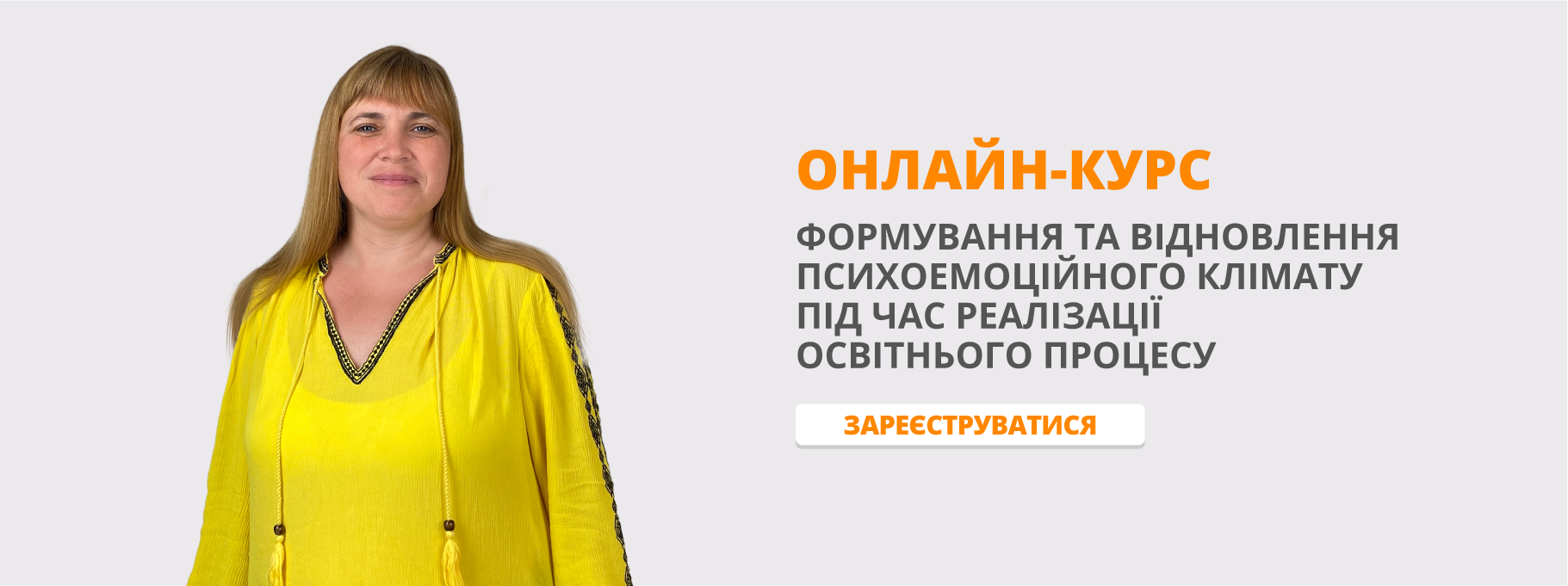Ділова подорож. У місті.
Тема: Ділова подорож. У місті.
Мета: Розширити словниковий запас студентів новими словами і виразами, які можуть бути використані під час прогулянки містом.
Студент повинен:
- знати слова і вирази, які можуть бути використані під час ділової подорожі, орієнтації у місті;
- уміти оперувати лексичним мінімумом з теми, реалізувати свої комунікативні наміри та розуміти комунікативні наміри співрозмовника в типових ситуаціях під час перебування у місті; вміти називати основні об’єкти та орієнтуватись на місцевості.
Література:
Hutchinson Tom. English for life. Elementary. — Oxford University Press ELT, 2009.
Забезпечення заняття: опорний конспект, картки із завданнями, посібник, планшетний комп’ютер.
Хід заняття
- Read and translate the following words and word combinations. What other places in a town do you know?
- a park
- a market
- a car park
- a pedestrian crossing
- a hairdresser’s
- a square
- a hospital
- a station
- a newsagent’s
- a chemist’s
- a post office
- public toilets
- a street
- on the corner of
- opposite
- next to
- between
- at the end of
- What are these places? More than one answer may be correct.
- You take the train here.
- You buy medicine here.
- You get money here.
- You park your car here.
- You buy food here.
- Doctors and nurses work here.
- You cross the road here.
- You buy newspaper here.
- Someone cuts your hair here.
- You wait for the bus here.
- Read the conversation.
Man: Excuse me. Are there any banks near here?
Woman: Banks? No, there aren’t. There are three or four banks in the town centre, but there isn’t a bank near here.
Man: Oh dear. I need a cash machine.
Woman: Oh, well, there’s a cash machine at the petrol station over there.
Man: Thank you very much.
Woman: That’s OK.
Man: Oh, there’s just one more thing.
Woman: Yes?
Man: Is there a pedestrian crossing near here?
- Ask and answer about the area around your college. Use the cues.
- a cash machine
- a post office
- any good restaurants
- a cinema
- any hotels
- a sport centre
- any car parks
- a petrol station
- Read the conversation and choose the correct answer.
- What’s your town like?
- Well, it’s quite old. There’s a big square in the town centre. It’s called Town Hall Square because the town hall is there. Here – I’ve got a postcard of the square. The town hall is the big building at the end of the square.
- Is there a market in the square?
- Yes, there is. There’s a market every Wednesday. And once a year there’s a French market, too.
- A French market?
- Yes, the people from France come to the town, and you can buy French cheese and bread and things like that.
- That sounds nice. What are the other buildings in the square?
- Well, on one side of the square there’s a big hotel – The Angel Hotel. There’s a good restaurant at the hotel and there’s a club in the cellar, too. We usually go there on Saturday nights.
- Uh-huh.
- Opposite the hotel there’s a museum.
- What kind of museum is it?
- Oh, there are photographs and things about the town there. Next to the museum – between the museum and the town hall – there’s a café. When the weather’s nice, you can sit outside in front of it.
- Where are the shops?
- Oh, well, when you leave Town Hall Square, there’s a post office on the corner next to the hotel. Then you come into Penny Street. Most of the shops are there. There are clothes shops, shoe shops, banks – the normal places. It’s a pedestrian street, so there aren’t any cars.
- What is the name of the square?
- Market Square
- Town Hall Square
- When is the market?
- every Wednesday
- every Thursday
- What happens in the square once a year?
- a music festival
- a French market
- What is the name of the hotel?
- The Lancaster hotel
- The Angel Hotel
- What is in the hotel cellar?
- a club
- a hairdresser’s
- Which shops does the speaker mention?
- book shops
- clothes shops
6. Homework: Describe the centre of your town or city. Use the words and expressions:
There’s …
There are …
It’s called …
on the corner of
opposite
next to
between
at the end of


про публікацію авторської розробки
Додати розробку
